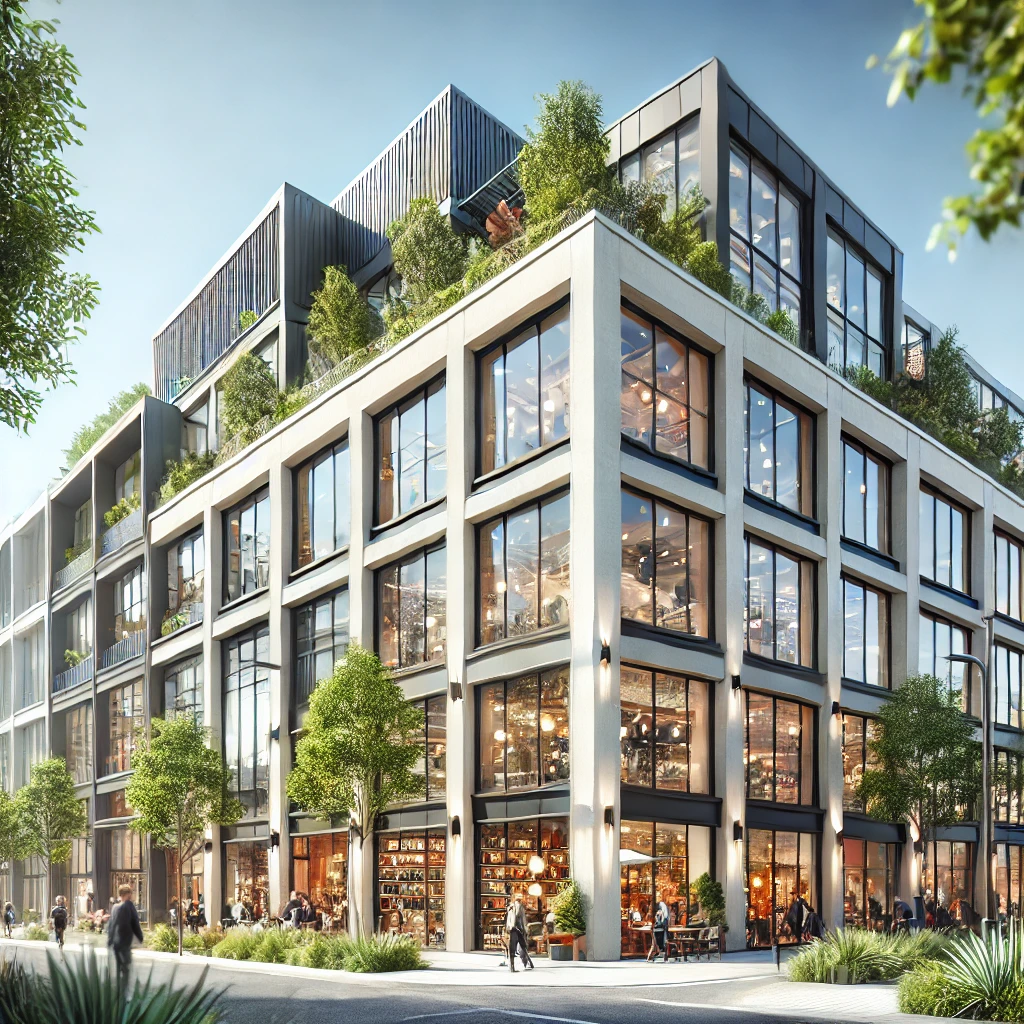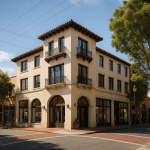As economic landscapes shift and consumer behaviors evolve, commercial real estate is undergoing a transformation. One of the most significant trends is the repurposing of underutilized retail and office spaces. With traditional office spaces facing lower demand due to remote and hybrid work models, and large retail spaces impacted by e-commerce growth, developers and urban planners are finding innovative ways to breathe new life into these buildings. Repurposing retail and office spaces offers a sustainable, economically viable solution that meets the changing needs of modern urban communities.
The Shift in Demand for Retail and Office Spaces
The COVID-19 pandemic accelerated the trends toward online shopping and remote work, which have drastically impacted demand for traditional retail and office spaces. Large shopping malls and office buildings that were once bustling hubs have faced declining occupancy rates. While the initial reaction to these changes was one of concern, developers and cities are now viewing these vacancies as opportunities for adaptive reuse. Repurposing these spaces addresses changing consumer and business needs, reviving vacant areas and revitalizing local economies.
In many cases, retail spaces that previously catered to large crowds are being reimagined as mixed-use developments, residential units, or experiential spaces. Likewise, office buildings that were once filled with daily commuters are being converted into residential units, co-working spaces, or community centers. These transformations are not only revitalizing communities but are also creating a more diverse and resilient commercial landscape.
Innovative Uses for Vacant Retail Spaces
Retail spaces, particularly large department stores and malls, have found new purposes through adaptive reuse. Rather than sitting vacant, these structures are being transformed into medical facilities, community centers, and even educational spaces. For example, some malls have added healthcare clinics, fitness centers, or municipal services, drawing a steady stream of visitors and meeting essential community needs.
Developers are also exploring mixed-use redevelopment, where retail spaces integrate residential and office units, green spaces, and recreational areas. This approach brings a wider range of activities and foot traffic to formerly single-use spaces, making them more vibrant and economically sustainable. Pop-up shops and experiential retail have also gained popularity, allowing brands to rent smaller spaces for short-term events or seasonal sales, adding variety and novelty to shopping destinations.
The Future of Office Space Repurposing
With many companies adopting permanent remote or hybrid work policies, the traditional office space has also evolved. Office buildings that are no longer at full capacity are being repurposed into residential apartments or mixed-use developments that blend housing with small retail, fitness, and leisure facilities. This trend is particularly strong in urban centers, where housing shortages and rising property prices make residential conversions both necessary and profitable.
Another growing trend is the creation of flexible, co-working environments within former office buildings. These spaces cater to remote workers and freelancers seeking collaborative settings without the long-term commitment of a traditional lease. Additionally, office spaces are being reconfigured to support healthcare facilities, biotech labs, and R&D centers—industries that continue to require in-person collaboration and specialized spaces.
Benefits of Repurposing for Sustainable Urban Development
Repurposing retail and office spaces also aligns with sustainable urban planning. By adapting existing structures instead of building new ones, developers can reduce construction waste and preserve resources, which contributes to lower carbon emissions. Additionally, these conversions often incorporate green building practices, such as energy-efficient lighting and HVAC systems, to meet sustainability standards.
The repurposing of retail and office spaces offers multiple benefits. It addresses the needs of evolving urban populations, boosts local economies, and contributes to sustainable development. As commercial real estate continues to adapt, the repurposing trend is set to play a crucial role in creating resilient, multi-functional spaces that serve a diverse range of community needs. By transforming underutilized properties, cities and developers are not only maximizing the potential of existing assets but are also building a more adaptable and sustainable future.
The Gen3 team specializes in planning the repurposing of retail spaces. Contact us today!





